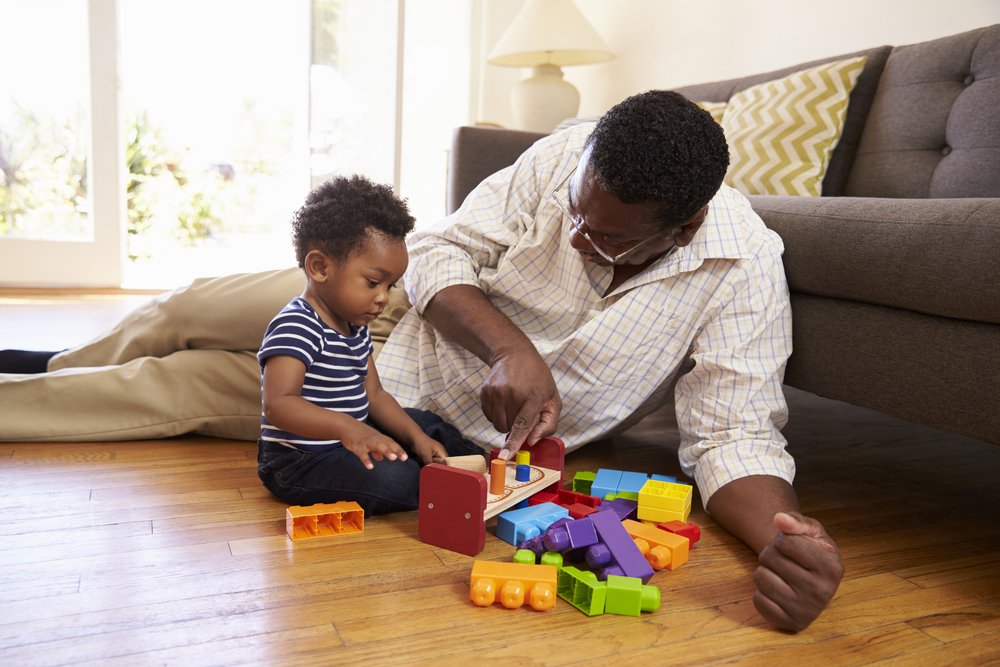Key points:
- Trillions of connections made in a child’s brain during their first years are crucial to their early wiring and pruning process, laying the foundation for the development of executive functions or core capabilities like awareness, self-control, and cognitive flexibility.
- Environmental supports, such as responsive relationships and safe environments, foster a positive personal state and healthy brain development, while excessive stress can lead to poor self-regulatory behaviors and impulse control.
- Automatic responses and impulses become stronger than intentional skills when stress is constant, but anyone can develop executive functions with positive supports and practice.
- Simple games and serve-and-return interactions, such as Peek-a-boo or distinguishing and naming colors, build new and stronger circuits inside a child’s brain, giving them emotional security and a strong foundation for future success.
During your little one’s first years their brain will make trillions of connections, and their experiences, whether positive or negative, are crucial to this early wiring and pruning process. Why? Because these connections serve as the foundation for stronger and more complex circuits to be formed later on. Scientists call these complex circuits: executive functions. Harvard’s Center on the Developing Child emphasizes the importance of these skills for your little one’s healthy brain development and decision-making process. Keep reading to learn more.
When do we use them?
Every day we are exposed to different experiences and situations that demand for us to plan, manage tasks, meet goals, resist impulses, form relationships, etc. Executive functions or core capabilities like awareness, self-control, cognitive flexibility, and focus are involved in our every decision-making process.
Environmental triggers and supports have an effect on the balance of our impulses and core capabilities. Having responsive relationships and living in a safe environment are examples of supports that foster a positive personal state and a healthy brain development. Having positive supports also fosters forethought responses and a future-oriented mindset. Triggers on the other hand, such as a chaotic or threatening environment, can lead to poor self- regulatory behaviors and impulse control.
How does excessive stress affect how well we develop and use executive function skills?
When there’s too much external stimulation, your brain detects danger and activates the ´fight or flight´ response. This level of stimulation causes a dramatic reaction in the mind and body that enables you to either fight or flee in order to survive what is perceived as an ´immediate threat´. This response is great when facing life-threatening situations, however most of the time this response is triggered in non-life-threatening scenarios because of external circumstances and chaotic environments.
What happens when stress is a constant?
Automatic responses and impulses will become stronger than our more intentional skills. This has a huge impact on our executive functions since it’s very hard to call on these when, instead of being competent, you are being defensive.
Since we are always going to have these automatic reactions, what can we do?
The key is to counterbalance those automatic responses with strong executive skills. The more positive supports and practice, the stronger the circuits you’ll built.
Unlike automatic responses, we are not born with executive functions. But, the good news is anyone can develop them! Nowadays adults seek tools like meditation to rewire their brains and make new, stronger circuits. The trillions of connections inside your child’s brain make up the prime window for building this set of skills. They just need your support and help to succeed.
- Simple games like Peek-a-boo connect your little one’s prefrontal cortex with more vast regions in the brain and stimulate your baby’s self-awareness, focus, and object permanence.
- Looking for hidden objects can go a long way for your little one’s problem solving abilities, memory, and immediate attention.
- Teaching your toddler how to follow instructions takes on numerous processes that involve visual reflection, focused attention, sustained responsiveness, and the ability to shift their attention between steps in order to complete a task.
- Distinguishing and naming colors lays the basis for flourishing skills like attention and memory, integration of information, conceptual reasoning, and abstract thinking.
So, yes, building your child’s brain is more of an art than it is a science. Playing games, following rules, learning about music, colors, teamwork, and sports are actually wiring new and stronger circuits inside your little one’s brain! These simple games and serve-and-return interactions give your child an emotional sense of security. This ultimately allows them to feel they live in a safe environment, rather than in a stressful one, and fosters their intentional skills.
Through practice, small achievements lead to bigger ones. Helping your child build these skills gives them a strong foundation for everything that’s coming later on. It propels them for greater success and teaches them how to rise up to the challenges; whether it is today when playing ball or later on as a skilled adult, parent, and professional. You are shaping your little one’s stable home, future relationships, and also creating a positive cycle for future generations.
If you want some ideas on how to get started, visit our cognitive section on our Activity catalog! You can also visit your little one’s Progress section and as you read the milestones you are working on, click on the button “learn more” so you can discover more about the science behind each one.








